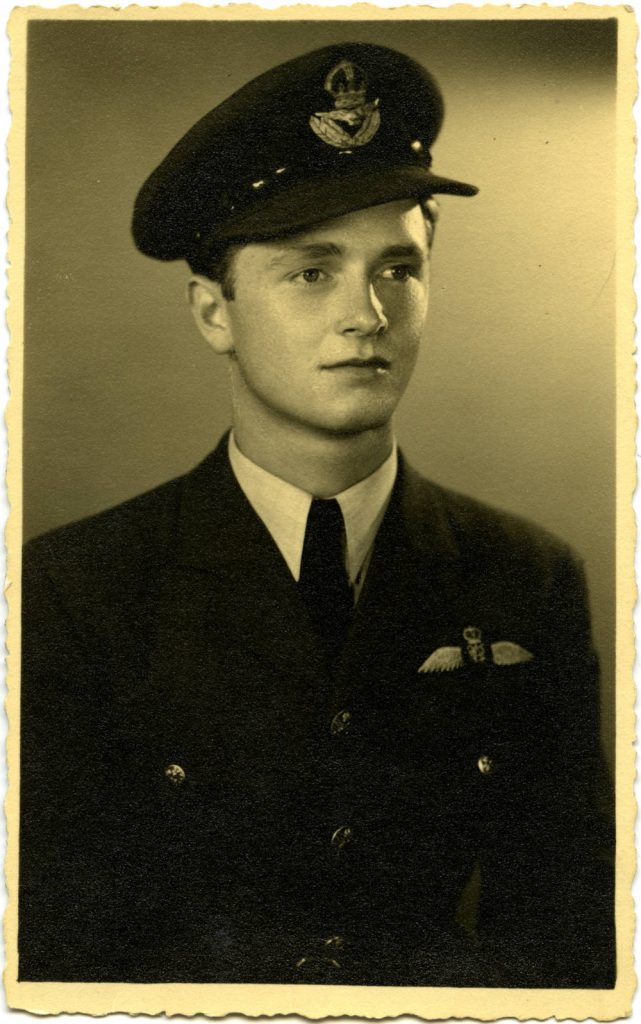
Leroy Sullivan was a University of Chattanooga student who joined the Royal Canadian Air Force in 1940 to contribute to the war effort in Europe. Lieutenant Sullivan, or “Sully” as he was known by his friends, has been chronicled by UTC student, Jennifer Jones, who contributed an article about his life and legacy to Catalpa, a magazine published by graduate students in the University of Tennessee at Chattanooga Department of English.
Seventy-five years later, Sully’s remains are still buried in the grave of a foreign country, but his written story and legacy are preserved in his hometown through the University of Tennessee, Chattanooga’s special collections. Sully’s archived writings consist of three diaries he kept during his time in service along with sixteen letters he wrote to his friend, Grady Long. (Jones, “Leroy Sullivan: Voice of the Forgotten,” 23)
Ms. Jones’ article offers a personal glimpse into the forgotten life of Lieutenant Sullivan made possible by her extensive research with resources from the UTC Library’s Special Collections and an interview with Hilda Crabtree, a longtime resident of Chattanooga who offered further insight into Sully’s story.
As I talked to Ms. Crabtree, I got the sense that Sully’s story moved her, meant something to her. I was telling her things she didn’t know about an old friend whom she hadn’t seen in over seventy years but had never forgotten. I wanted to reach out and touch her arm, touch this person, this living connection to someone whose life and legacy are so much a part of our nation’s history, as though doing so would connect me, too. Like diaries and letters, the memories of our senior citizensare valuable treasures. They can help fill the holes and gaps in the stories of the past, to be carried on into the future. (Jones, “Leroy Sullivan: Voice of the Forgotten,” 25)
Learn More
- Read “Leroy Sullivan: Voice of the Forgotten” by Jennifer Jones published in Catalpa.
- View the Leroy M. Sullivan World War II Diaries and Correspondence digital collection.
- Partner with Special Collections to Conduct an Oral History Interview.